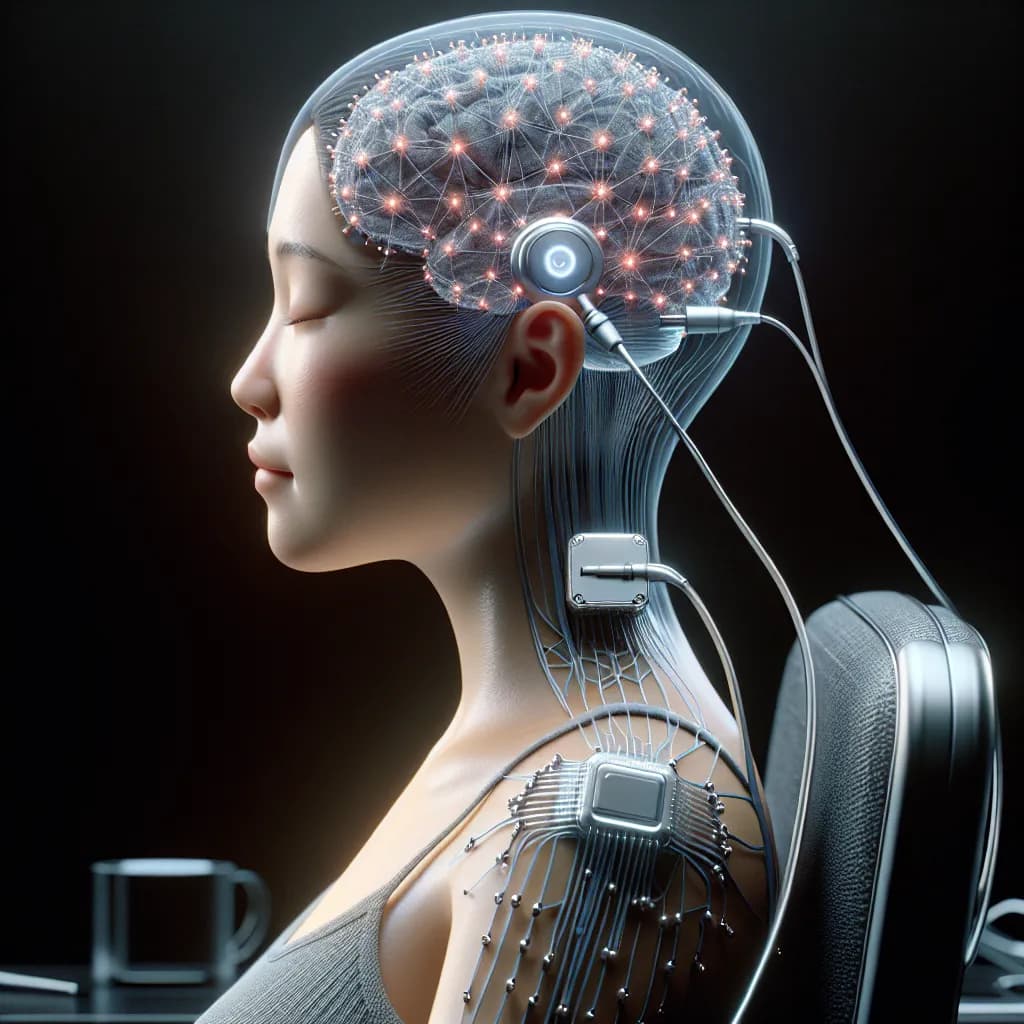Date:
26/10/2023
Listen to this article:
The scientific realm is buzzing with the innovations brought about by CRISPR (Clustered Regularly Interspaced Short Palindromic Repeats). This marvel of genetic engineering has transcended the barriers from laboratory petri dishes to real-world applications, opening up a world of possibilities. One of the groundbreaking applications of CRISPR is in the domain of human embryology. Scientists are taking bold strides in editing genes of human embryos to eradicate life-threatening genetic conditions, notably in preventing severe cardiac ailments. The narrative took a controversial spin when a scientist from China announced the creation of the world’s first CRISPR-edited babies to render them immune to HIV. This revelation stirred a global debate, eliciting a spectrum of reactions from the scientific community and beyond, underscoring the ethical dimensions of such profound genetic interventions.
Transitioning from humans to the animal kingdom, CRISPR’s magic has been casting a spell too. By editing genes in livestock, scientists are enhancing desired traits, for instance, promoting leaner meat in pigs or hornless cattle, which could potentially revolutionize agricultural practices. Moreover, the gene-editing wizardry extends to altering mosquito populations to combat the spread of deadly diseases like malaria. This venture showcases how CRISPR could be wielded as a potent weapon in the public health arsenal to mitigate disease transmission. The realm of possibilities seems boundless as CRISPR continues to unveil its potential, altering the genetic scripts not only to enhance but to protect lives.
For individuals grappling with sickle-cell disease, a condition that morphs red blood cells into misshapen forms, CRISPR shines as a beacon of hope. There have been instances where CRISPR technology was employed to correct the errant genes, heralding a potential remedy for this debilitating condition. This facet of CRISPR illuminates the vast potential of eradicating genetic disorders, significantly elevating the quality of life for many. As we stand on the brink of a genetic renaissance, the ethical deliberations surrounding CRISPR are as robust as its potential. The discussions are transcending beyond lab walls to legislative chambers, engaging a broader populace in a crucial dialogue about the moral implications of gene editing. As the narrative of CRISPR continues to unfold, it's not only a journey of scientific discovery but a moral and ethical expedition echoing the essence of human endeavor.
References
- https://www.nytimes.com/2018/11/26/health/gene-editing-babies-china.html
- https://www.broadinstitute.org/what-broad/areas-focus/project-spotlight/gene-editing-animals
- https://www.newscientist.com/article/2237146-crispr-treatment-inserted-directly-into-the-body-for-first-time/
- https://www.nature.com/articles/d41586-018-04813-x
About the author
Evalest's tech news is crafted by cutting-edge Artificial Intelligence (AI), meticulously fine-tuned and overseen by our elite tech team. Our summarized news articles stand out for their objectivity and simplicity, making complex tech developments accessible to everyone. With a commitment to accuracy and innovation, our AI captures the pulse of the tech world, delivering insights and updates daily. The expertise and dedication of the Evalest team ensure that the content is genuine, relevant, and forward-thinking.
Related news

Neuralink Achieves Groundbreaking Success in Human Brain Chip Implant
Neuralink's recent success in implanting a brain-computer interface in a human marks a pivotal moment in neurotechnology.

OpenAI's Sam Altman on AGI: Insights and Future Directions
Exploring Sam Altman's perspective on Artificial General Intelligence (AGI), focusing on AI safety, ethics, global cooperation, GPT advancements, and energy sustainability.

Top 10 Breakthrough Technologies of 2024
Exploring the top ten breakthrough technologies of 2024, from AI advancements to novel health solutions and sustainable energy innovations.